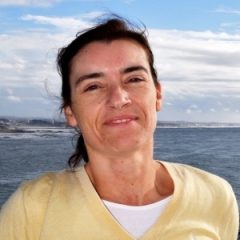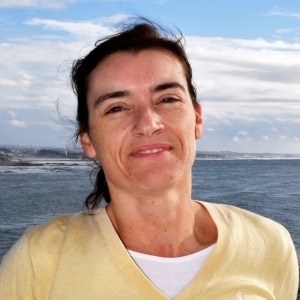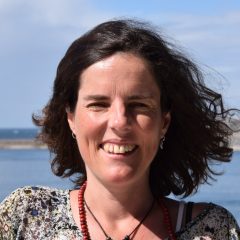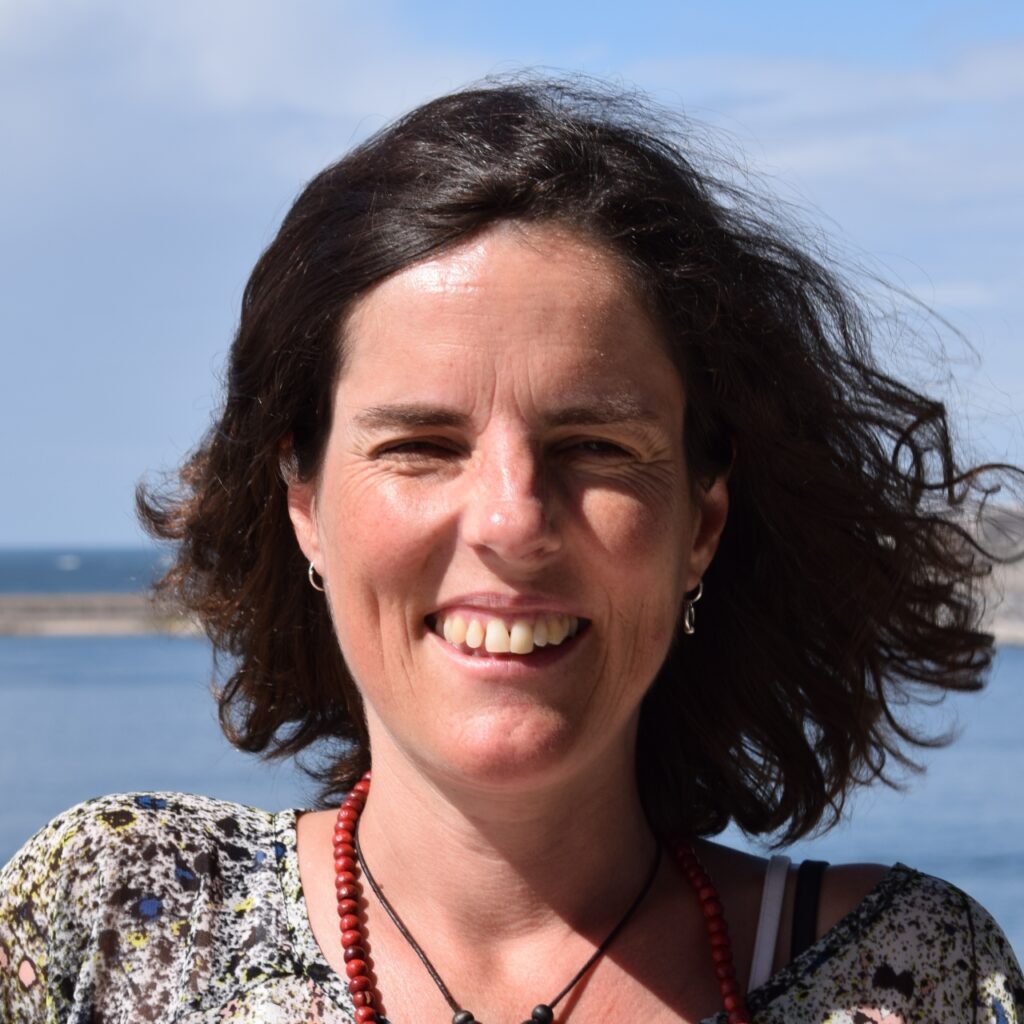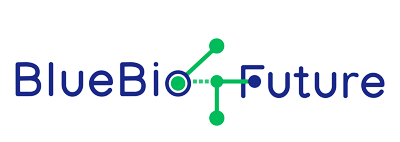NetTag project aims to reduce and prevent marine litter derived from fisheries, bringing together scientists, engineers and the fisheries industry.
NetTag approach combines two different types of preventive measures: (i) new technology to prevent lost gears; and (ii) awareness actions to promote best-practices for on-board waste management
NetTag will develop new technologies to track fishing gears in case gears got lost, fostering a reduction of lost gears. The technology will include low cost, miniature and environmental-friendly acoustic tags and acoustic transceivers for uniquely localization (with fisher’s personal ID) of lost gear and an automated-short-range robotic recovery system. Participant fishers will, then, evaluate the new technology in a dedicated demonstrative field action.
Awareness actions, developed by fishers for fishers, will be an innovative strategy to engage the fishing industry, increasing fishers’ willingness to act and adopt better practices on-board to reduce marine litter from fishing vessels. A major event entitled Clean Ocean Day will be organized, in which all fishers in that day will collect marine litter from the sea to have a snapshot of type and amount of marine litter present off NW Iberian Peninsula coast.
In parallel, the environmental impact and harmfulness of lost gear as pollutant of the marine environment (e.g. source of microplastics and pollutants absorbed to the gears), will be investigated through in-situ and laboratory experiments. We will also evaluate the cost-efficiency of the proposed solutions, estimating the economic viability of their implementation for reduction of marine litter derived from fisheries.
The project is based on synergistic activities between fishers and scientists to pilot innovative solutions to tackle the urgent need of reduction and prevention of marine litter. NetTag consortium is a multidisciplinary and international team, gathering researchers from natural (CIIMAR-Portugal), social (UAVR-Portugal) and economic (USC-Spain) sciences, engineers (INESC TEC-Portugal, UNEW-UK) and fisheries industry, including two fishers associations (APMSHM-Portugal and ARVI-Spain) and a fishing nets production company (EURONETE).
NetTag intends to contribute to the reduction of lost gear at NW Iberian Peninsula, promote technological innovation of fishing gears and better practices to avoid discarding litter, and also improve the environmental performance of Portuguese and Spanish fisheries.
